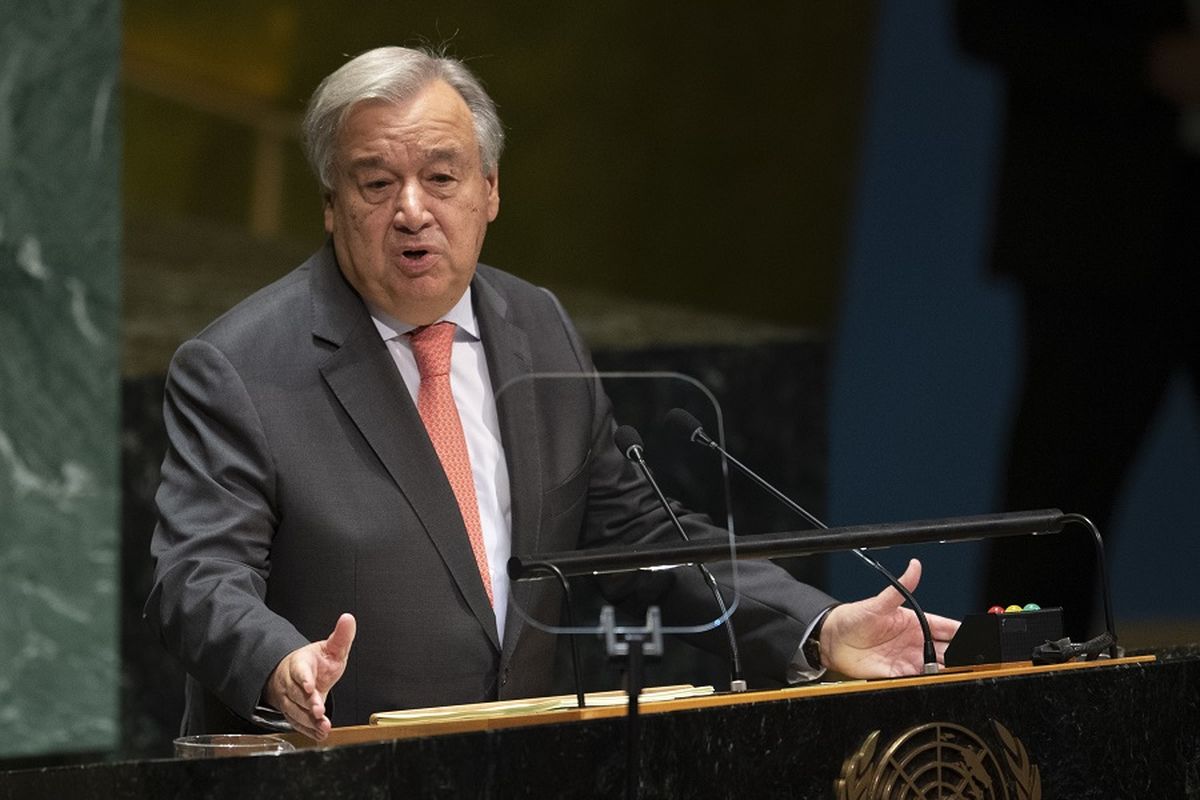Financial Woes and Coronavirus Pandemic has UN Nearing Life Support

Read also: Norway Gifts Indonesia $56 Million for Slashing Carbon Emissions
"It is not as inclusive as Norway at least would have liked," she told AFP.
As for other United Nations bodies, many have postponed or cancelled their planned assemblies and meetings. Too many, some say.
"When it comes to disarmament, the annual meetings have been postponed," another European diplomatic source said, blaming some countries who had insisted people from their capitals needed to travel in to participate.
Other countries have balked at the idea of negotiating and voting through decisions online, pointing to financial and technical challenges.
"Obviously, when it comes to inter-state negotiations, it is not ideal to have these online," Heimerback said.
Read also: Indonesia's Trade Talks Must Go On amid Pandemic: Trade Ministry
"We are in a business where personal contact is needed to build trust and finding solutions relies on... people spending time together. And we are blocked from doing so now," she said.
Some diplomats meanwhile complain that the anti-virus measures at the UN are too strict, and suggest that certain countries are using them as an excuse to put uncomfortable discussions on ice.
"There is a risk of paralysis in the decision-making process," the first European diplomat warned.
"Multilateralism appears blocked," another diplomat said, blaming countries generally opposed to multilateral dealings, as well as a lack of clear United Nations decisions on how to move forward.
Room shortage
Even before the pandemic hit, the UN was struggling to keep up the expected high pace of international meetings amid a drawn-out liquidity crisis brought on by numerous countries failing to pay their dues on time.
The coronavirus pandemic has exacerbated those financial woes.
"Contrary to what one might imagine, virtual conferences are actually more expensive for the UN than in-person meetings," Alessandra Vellucci, head of the UN information service in Geneva, told AFP.


































